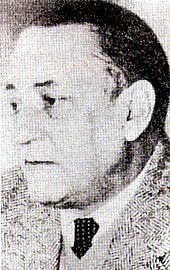
I’ve always held it to be so. I got into an argument with a friend about it, and looked it up on Wikipedia. I have come away even more convinced that I’m correct. It ticks off all the boxes.
https://en.wikipedia.org/wiki/Magic_realism#Characteristics
**Fantastical realism elements**
– Stanley’s family is afflicted by an actual curse. Or are they??
**Real-world setting**
– Self-explanatory
**Authorial reticence**
– The author describes the multi-generational curse, the water flowing uphill, the lizards, the impossible coincidences, etc, without any kind of inkling that anything out of sorts is going on
**Plenitude**
– This is perhaps the one weak point, but only because I’m not 100% sure I understand it
**Hybridity**
– The author interweaves multiple storylines which transpire in disparate settings. In a brilliant stroke, the settings are actually geographically identical while being, in all other ways, totally different. (i.e. the Green Lake of past and present).
**Metafiction**
– I’ll be honest, I don’t totally understand this one either, but it seems like it also satisfies.
**Heightened awareness of mystery**
– *”the reader must let go of pre-existing ties to conventional exposition, plot advancement, linear time structure, scientific reason, etc., to strive for a state of heightened awareness of life’s connectedness or hidden meanings”* — this is absolutely the case with *Holes*. The whole plot hinges on the reader’s willingness to believe in a multigenerational family curse and a string of impossible coincidences allowing it to finally be put to rest.
**Political critique**
– I feel like this one is also self-explanatory.
What do you think?
by pretzelzetzel

2 Comments
What’s your friend’s argument that it isn’t?
It absolutely is. It’s simple enough that it can be read and taught to children but it absolutely is magical realism.